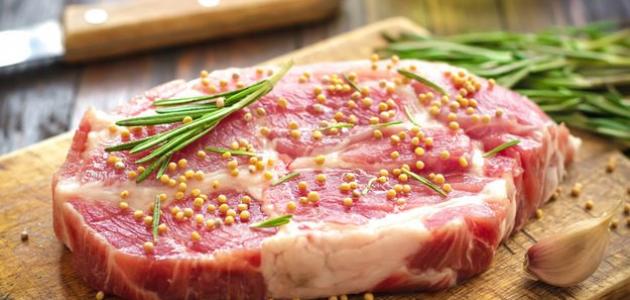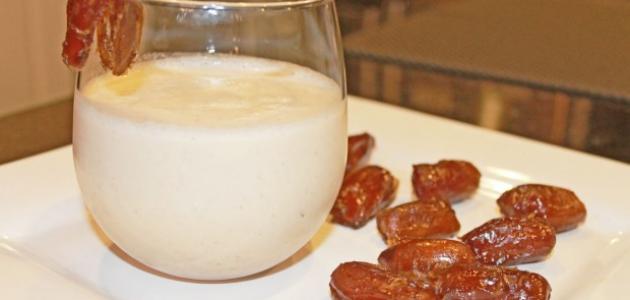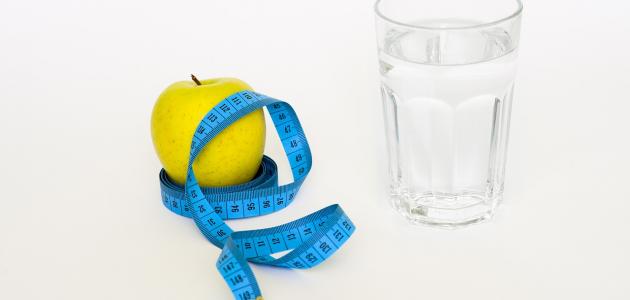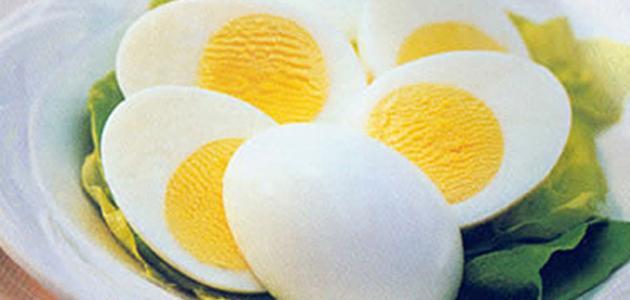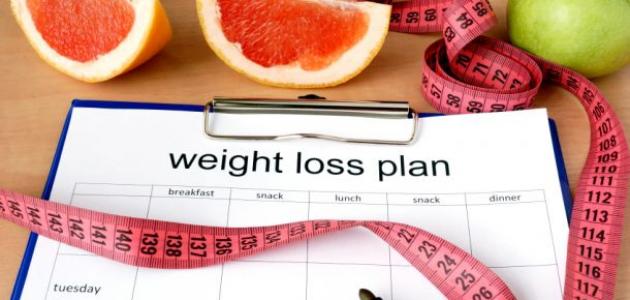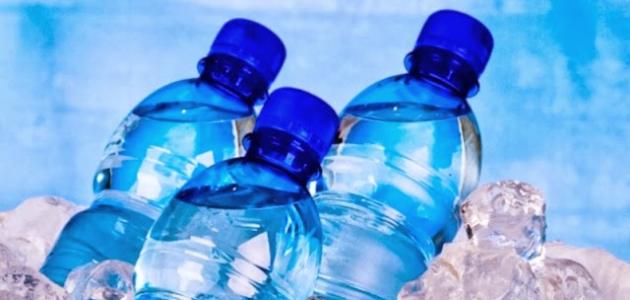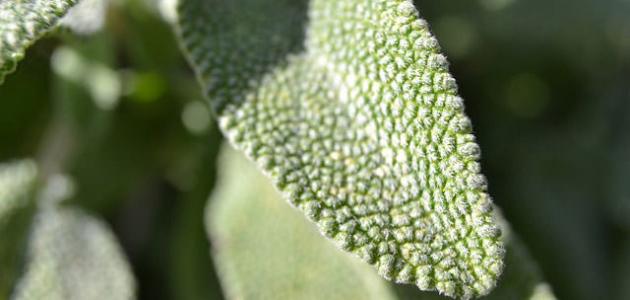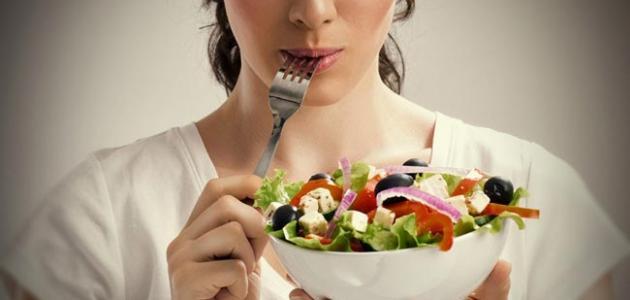High protein diet
Protein is an essential nutrient for health; it is responsible for many important body functions; Which includes the functions of hormones and enzymes, repairing and maintaining cells, and the high-protein diet consists of eating more amounts of protein-rich foods, and smaller amounts of carbohydrates or fats to stimulate weight loss, enhance energy, and improve athletic performance.
There are different types of high-protein diets, which may be harmful to health in general. This is because it depends on eating large amounts of meat and high-protein foods that contain a high percentage of fat, in addition to saturated fats.
Benefits and harms of a high-protein diet
Recently, the popularity of the high-protein diet has increased greatly as a promising solution for weight loss, because this system may help to enhance the feeling of satiety and reduce the fat mass. It is known as ghrelin, in addition to increasing the thermic effect of food, and promoting changes in protein during the process of glucose synthesis (in English: Gluconeogenesis) to improve glucose balance in the body, but it should be noted that caution should be taken. When you want to follow a high-protein diet, we will detail that in the following.
Read also:Freekeh benefits for dietBenefits of a high protein diet
There is a lot of research that has studied the role of short-term protein in losing weight and increasing muscle mass, but as for the long-term effects of a high-protein diet, it needs more research to confirm it, and it should be noted that a diet that contains an ample amount of fat-free protein It provides many health benefits, especially when you want to lose weight. Here are some of the benefits offered by a high-protein diet:
- Increased feeling of fullness: Adding protein sources to main meals and snacks can help increase the feeling of satiety after you finish eating, which may help reduce the amounts of food eaten during the day. In addition, protein helps build and maintain muscle mass. As the strong muscular body structure contributes to improving physical performance in general, and helps burn more calories even at rest, in addition to giving the body an attractive appearance.
- A review published in the journal Nutrition & Metabolism in 2014, which included the results of a number of studies, indicated a significant increase in the feeling of satiety when eating a meal containing 60% of protein compared to a meal containing only 19%, and another study indicated an increase in the feeling of satiety after consuming A meal contains 68% of protein compared to another meal that contains only 10% of protein. In general, an increase in the feeling of satiety was observed after eating meals containing protein by 25-81%. Increasing the feeling of satiety helps to reduce the amount of calories eaten, which is essential for successful weight loss.
- Increased calorie burning during digestion: High protein diets help improve the thermic effect of food; That is, improving the burning of calories during the process of digesting food; This could be due to the increase in the amount of oxygen needed to break down protein-rich foods, but it should be noted that this benefit should not be relied upon only in the event of a desire to lose weight, as the amount of calories that increase burning as a result of digestion is few.
- Preserving muscle mass: A study published in the Advances in Nutrition magazine in 2019 indicated that following high-protein diets, along with practicing resistance exercises, maintains muscle mass and protein balance in the body in general during periods of moderate energy deficiency. Such as the weight loss period, but on the other hand, the study indicated that the greater the amount of energy deficiency, the less efficient the high-protein diets are in reducing the loss of muscle mass, and therefore it is important not to reduce calorie consumption too much, to avoid losing muscle mass. In the body.
- Contribute to the loss of fat mass: A high-protein diet combined with exercise can promote fat loss and muscle mass building. One study published in The American Journal of Clinical Nutrition in 2016 indicated that a diet containing 2.4 grams of protein per kilogram of body weight per day was better at promoting muscle mass gain and fat loss compared to a diet containing 1.2 grams. A gram of protein per kilogram of body weight on a daily basis, with resistance and anaerobic exercises. It should be noted here that the amount of protein used in this study is very high, and such quantities should not be taken except under medical supervision, and in special cases, and you can read more about that in the section How to follow a high-protein diet.
However, it must be noted that very large amounts of protein should not be taken without consulting a doctor, as this may not be suitable for some people, and you can read more about that in the paragraph Damages of a high-protein diet below, and it should also be noted that the diet can High in protein can eliminate some of the necessary food groups; Such as: fruits and grains, and therefore it is not considered a comprehensive diet, and therefore the US Department of Agriculture advises that high-protein diets contain many different and varied foods, such as vegetables and fruits, whole grains, low-fat meats, legumes, seeds, nuts, and dairy products, And healthy fats, to avoid a shortage of nutrients during the weight loss process, and we will mention in the following paragraphs in detail.
Read also:What is the Luqaimat diet system?Disadvantages of a high-protein diet
A high-protein diet is not harmful to most healthy people, especially when it is followed for a short period. As previously mentioned, these diets can help lose weight by increasing the feeling of satiety, but studies are still ongoing to study the harms of following high-protein and low-protein diets. It is very high in carbohydrates for long periods, but in general it is recommended to consult a doctor before following a high-protein diet, and here comes a mention of some health problems that may result from following a high-protein diet for long periods:
- Some types of high-protein diets are very low in carbohydrates, and this may lead to a deficiency in nutrients, and not getting enough dietary fiber, which can cause some problems. Such as: bad breath, constipation, and headache.
- Some high-protein diets include red meat and whole milk products, which can increase the risk of heart disease, while high-protein diets based on plant protein sources may not cause these harms.
- High-protein diets can worsen the condition of people with kidney disease. This is due to the possibility of the body's inability to get rid of waste resulting from protein metabolism, and high-protein diets increase the risk of kidney stones.
How to follow a high protein diet
It is not possible to generalize one diet for everyone in the event of a desire to lose weight, and therefore it is recommended to consult a doctor to determine the appropriate eating pattern for the person’s health status, but here are some important points that must be taken into account when following a high-protein diet, as follows:
Read also:Benefits of water for diet- Consulting a nutritionist and a specialist doctor: It is necessary to consult a nutritionist before embarking on these diets, and it is preferable to consult a doctor also if the person suffers from diabetes, kidney disease, or other chronic health conditions.
- Know the necessary protein needs: In general, the recommended daily amount of protein is 0.8 grams per kilogram of body weight; That is, if a person weighs 64 kilograms, the amount of protein needed is equal to 51 grams, which is the result of multiplying the weight (64 kilograms) by 0.8. It should be noted that more active people may need a greater amount of protein; Especially people who are trying to increase muscle mass.
- But in the event that there is a desire to follow a high-protein diet by ordinary people (that is, people who are not athletes or bodybuilders), it is advised not to get more than 2 grams of protein per kilogram of body weight. That is, if a person weighs 64 kilograms, his protein requirement is approximately 125 grams per day, and it should be noted that these quantities can be changed in the event of obtaining new information about the degree of safety of following high-protein diets, the risks associated with them, and their benefits, after consulting a doctor. Or a health care provider, in addition to that, you must know the calories required for each person in the event of a desire to lose weight.
- Knowing the different sources of proteins and choosing the appropriate: People trying to lose weight should not eat more than 30% of total calories from fat, and less than 7% from saturated fat, which is sometimes difficult or impossible when following some high-protein diets. This is because most animal protein sources are high in fat. Therefore, in the event of a desire to follow a diet high in protein, it is necessary to choose foods carefully, and some protein sources and their content in grams are mentioned, and this amount may differ from one product to another, and the amount of protein in any product can be known by reading the nutritional label:
- Milk and its products:
- One cup of different types of milk contains 8 grams of protein.
- Half a cup of canned evaporated milk contains 9 grams of protein.
- A quarter cup of skim milk powder contains 11 grams of protein.
- Every 28 grams of hard or semi-hard cheese contains 7 grams of protein.
- A quarter cup of Parmesan cheese contains 8 grams of protein.
- Half a cup of cottage cheese contains 14 grams of protein.
- One cup of plain or fruit-flavored milk contains 8 grams of protein, but be aware that flavored milk may contain high amounts of sugar.
- Meat and its alternatives:
- Every 85 grams of cooked chicken or turkey, or any type of poultry contains 24 grams of protein.
- Every 85 grams of cooked beef or lamb, or any type of red meat, contains 21 grams of protein.
- Every 85 grams of cooked fresh fish contains 21 grams of protein.
- Half a cup of canned tuna contains 14 grams of protein.
- One large egg contains 6 grams of protein.
- A quarter cup of fat-free egg substitute contains 5 grams of protein.
- One cup of cooked dried beans contains; Such as: pinto bean, kidney bean, or white kidney bean (Navy bean) contains 15 grams of protein.
- Seeds and nuts: Although nuts and seeds are a source of protein, they are rich in calories, and attention must be paid to the intake of them. Examples of them include the following:
- Two tablespoons of almonds, walnuts, cashews or sunflower seeds contain 5 grams of protein.
- Two tablespoons of peanuts contain 7 grams of protein.
- Two tablespoons of peanut butter contains 8 grams of protein.
- Milk and its products:
- Make sure to include carbohydrates in appropriate amounts: The quality of carbohydrate intake is also essential. Where it is advised not to eat processed sources of carbohydrates, and to choose sources rich in fiber and nutrients. Such as: whole grains, fruits, and vegetables, and quinoa is an example of high-protein grains that can be added to the diet, but in moderate quantities, based on the amount of carbohydrates allowed in the diet followed. It should be noted that when following a diet high in protein and low in carbohydrates, it is necessary to reduce the amount of foods rich in carbohydrates. Of which we mention the following:
- grains and starches; Such as: bread, pasta, rice, baked goods, and breakfast cereals.
- sweeteners; Such as: sugar, maple syrup, honey, coconut sugar, and others.
- sugary drinks; Such as: energy drinks, sweetened tea and coffee, and soft drinks.
- processed foods high in carbohydrates; Examples: French fries, pizza, chips, and fried chicken.
- Other tips for following a high-protein diet: It may be difficult to apply the following tips by a person without the help of a nutritionist, and therefore, as we mentioned previously, it is better to follow them with a request for help, of which we mention the following:
- Preparing a weekly food plan.
- Choose high-quality protein sources.
- Each meal contains at least 25-30 grams of protein.
- Recording the quantity and quality of foods eaten.
- Get balanced meals.
- The diet should contain animal and vegetable sources of protein.
- adherence to healthy eating habits; This is to avoid re-gaining weight again when you stop following the diet.
An example of a high protein diet
As we mentioned earlier, one diet cannot be generalized to everyone, and there are many high-protein diets that differ in the proportions of carbohydrates, fats and proteins in them, but here comes the general form of the high-protein diet for one day, which a nutritionist may suggest:
The following diet contains 1604 calories, 103 grams of protein, in addition to 32 grams of carbohydrates, 23 grams of dietary fiber, and all the daily needs of vitamins and minerals except for calcium and vitamin D, and it is considered low in iron:
| the meal | Suggested foods for the meal |
|---|---|
| Breakfast | 3 eggs + 1-2 servings of vegetables, taking into account that the vegetables are not starchy, or that the amount of starchy vegetables - such as potatoes or corn - is small. |
| the lunch | large salad bowl with 170 grams of protein; Such as: leafy vegetable salad with chicken. |
| snack | ½ cup of cottage cheese (or it can be replaced with a handful of nuts or olives), with a slice of medium-sized cantaloupe (or it can be replaced with one serving of fruit), XNUMX tablespoons of flax seeds. |
| Isha | 170 grams of grilled fish or any type of protein, with two cups of non-starchy vegetables; Such as: spinach, broccoli, cauliflower, or asparagus. |
Should I follow a high-protein diet to lose weight?
A person may notice, when starting to follow low-carb diets in general, a significant decrease in weight, and in fact this is due to the loss of water from the body, but with the continued lack of carbohydrates, the body begins to burn larger amounts of fat as an energy source, and it must be noted here that these Diets cannot be applied in the long term, and some people may not be able to apply them, due to the cancellation of many food groups in them, and it should be noted that the appropriate and healthy diet for weight loss, whose effect continues in the long term depends on following a new and long life system. However, calorie-restricted diets that may lead to rapid weight loss rarely achieve long-term weight loss, and there is no study so far showing that low-carbohydrate and high-protein diets are better for weight loss compared to a regular low-calorie diet.
In the end, it can be said that a diet high in protein and low in carbohydrates does not include a specific concept, and it can be suitable for athletes who want to stimulate the body to lose weight while maintaining or increasing muscle mass, and although this diet may have some health benefits, some Studies have linked it to many side effects, and as we mentioned previously, the amount of protein it contains is unnecessary for most people, and in the event of a desire to improve health in general, it is recommended to focus on whole foods rich in nutrients, and reduce the intake of added sugar and processed foods, in addition to exercising. sports, reduce stress.
